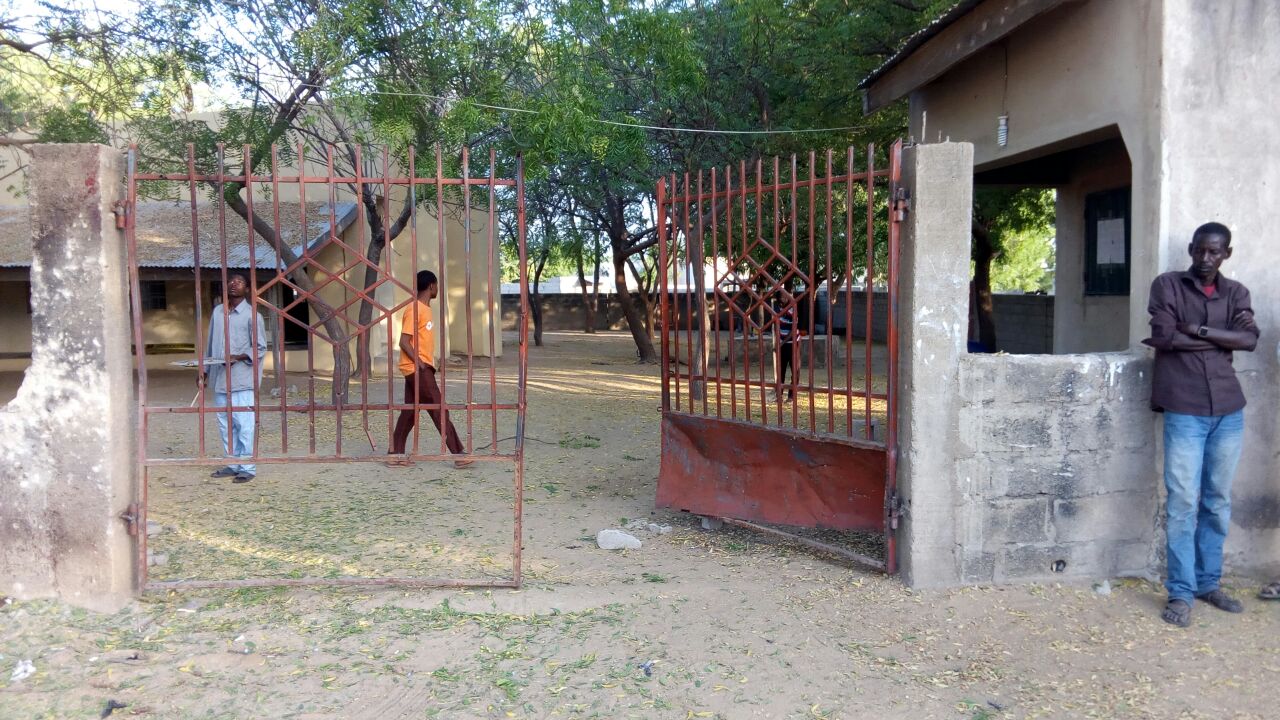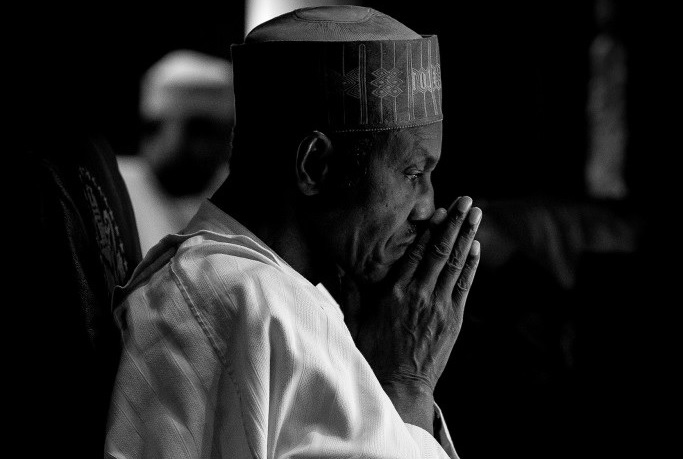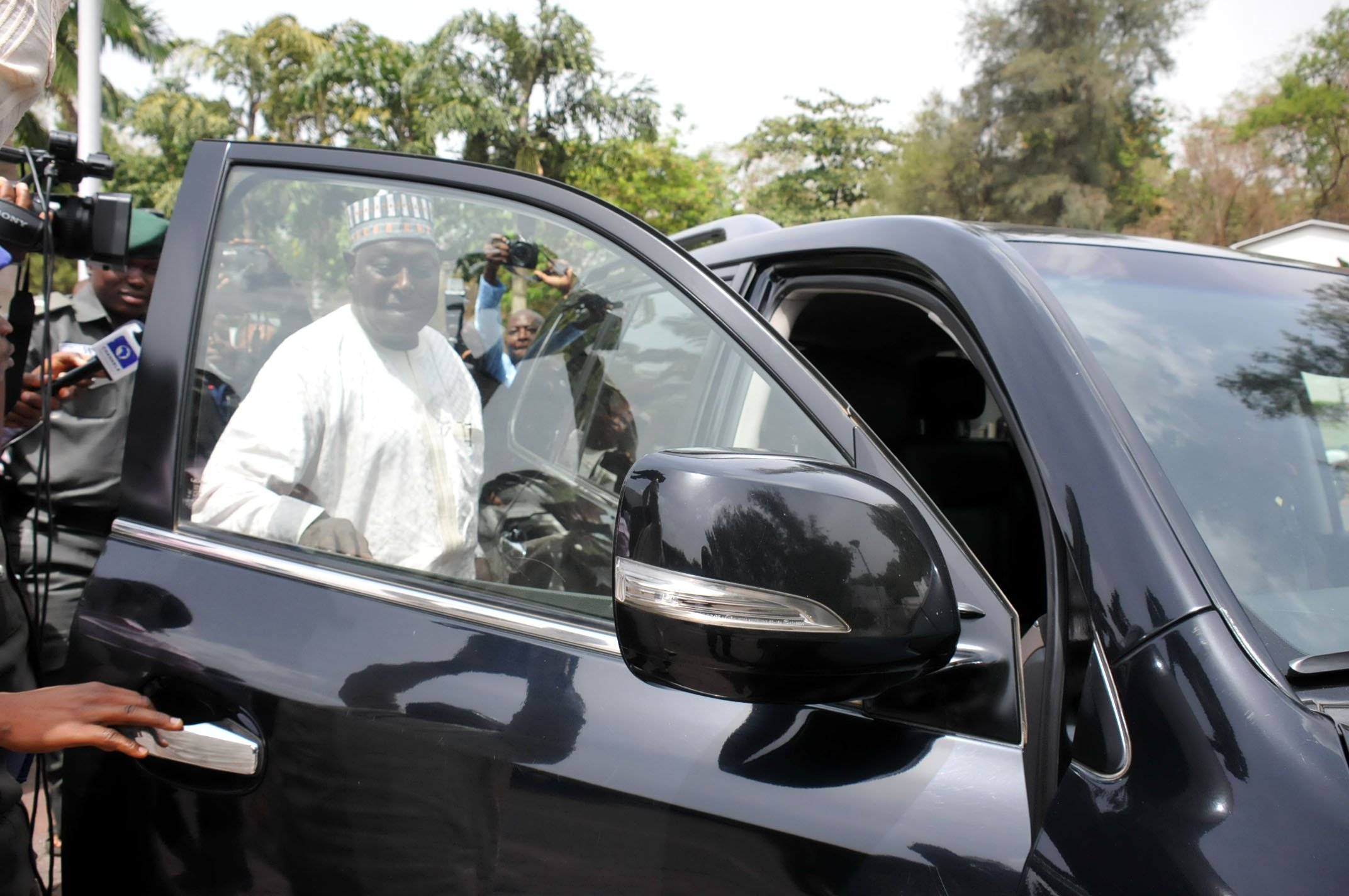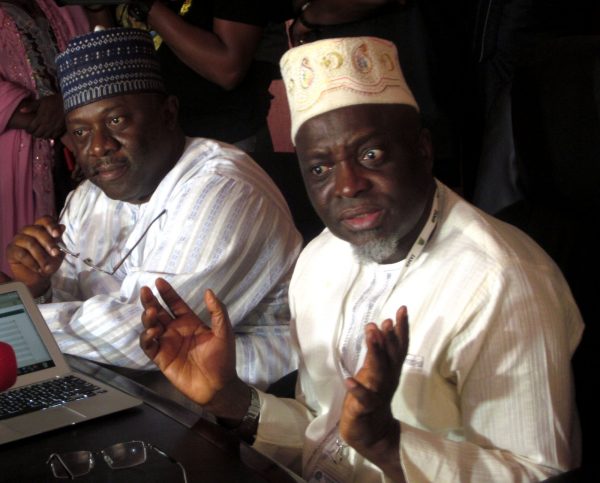HARUNA SALISU
Journalism is known for speaking truth to power, holding leaders to account and ultimately serving as a bridge between the government and the governed.
In northern Nigeria, the most troubled and backward region, this isn’t the case, particularly among some indigenous journalists. They rattle ignorance, poverty of ideas and dance to the tune of mischief-makers, public officials and whittle the region of any meaningful progress.
They turn away their eyes from leadership disdain; they aid and abet corrupt officials, they help in the continuous alienation of the poor. Their conscience is not pricked by the dungeon of poverty, illiteracy, malnutrition, unemployment and other social ailments that have pervaded the region.
Most of the investigative reports that have unearth series of government malfeasances in northern Nigeria are not carried out by journalists from this region. They wait for others outside the region, sometimes outside the country to remind and show them their own problems. Thanks to SaharaReporters, TheCable, Premium Times, and to be fair, the Daily Trust.
Advertisement
But what are their excuses for failing to do their job? It’s simple: ‘we don’t have logistical supports, we risk losing our jobs if we dare speak truth to power, we risk arrest, assassination, and we are censored by the government etc’— nonsense! Complete balderdash and a way of evading responsibilities.
These individuals are wicked, greedy, ignorant, and destitute of ideas; they lack the desire and the competence to do their job. Many prefer to fight for juicy beats in the government houses, and other MDAs.
They know nothing — not even the plight of the masses — not even the dying and malnourished children, not even the over 10 million out of school children in the region.
Advertisement
Not even the victims of Boko Haram dying daily in our IDP Camps because of lack of food, not even the social and domestic violence perpetrated against our women every day, not even the disabled, the orphans, the old.
They pontificate on nonsense, and carry stupid stuff in the name of news and programs. Their listeners, readers and viewers are tired of their useless redundancies—‘he said, he lament, he describes, he reiterates, he warned’—useless clichés.
They have lost the trust of their audiences – because they are far away from them and don’t represent them. You enter their newsrooms and they tell you ‘we don’t have enough stories’. Yes, believe me. Why won’t they lack stories if all they know is personality-reporting—in a desperate pursuit for brown envelopes—ignoring the most pressing issues for baseless excuses?
News to them is when the governor speaks, or the emir, or commissioner, or local government chairman—the lack of water in the metropolis and our villages isn’t news, the lack of textbooks, teachers, and other teaching aids in our schools isn’t news.
Advertisement
The unnecessary verification and demotion of teachers, refusal to pay their salaries and better their working conditions isn’t news. The callous abuse and total neglect on anything in favour of the downtrodden by our looters isn’t news to them. The over five million homeless almajiris littering our streets isn’t news.
They lack the confidence, competence courage and the tenacity to stand for the commoners; they identify, dine and wine with the corrupt.
Some journalists and media houses in the region have lost credibility in the hearts and minds of their audiences.
While I agree that the journalists in the region are in tatters in view of the obvious poverty glaringly looming in their faces— this isn’t an excuse. As Hassan Hassan would tell you; journalism isn’t a money making profession. If all you need in life is money, you don’t have any business in the industry.
Advertisement
Apart from greed that is inherent in some of the indigenous journalists in the region, poverty of ideas and self censorship has drained the blood of their profession. You got to ask yourself, why on earth a reporter would wait for government to hold a function before they report, when there are significant ailments in all sectors of our society—human angle stories that worry our communities and that need urgent attention?
Why on earth would a serious-minded journalist, determined to play his role in uplifting his community wait for an emir to speak before they make news when our farmers couldn’t access soft-loans to improve yields? Why on earth would you wait for a commissioner, or a local government chairman to speak, when you are aware that what they say most of the times are bunch of lies before you write news—ignoring and hypocritically pretending not to see the most important issues antagonizing our progress?
Advertisement
All these ineptitude among journalists in the region shouldn’t surprise you. Anyone who is familiar with the way journalists are recruited in Nigeria, particularly in the northern part of the country wouldn’t be amazed. When quacks, whose quest is to get meal tickets—whose struggle is geared towards identifying with the rich, the corrupt, the elites and other categories of people at the top echelon of our society are employed as journalists—you should expect the worst journalistic practices from them.
Out of the many media houses owned by northerners and northern governments, Daily Trust and a few broadcast houses remain the only ones committing resources and expertise to unearth malfeasance and get the public talking about such issues.
Advertisement
I might be the ‘wrong person’ telling the truth at the ‘wrong time’ in the ‘wrong way’. It doesn’t matter. It doesn’t invalidate the truth. What matters most is who cares to listen, who cares to do the right thing at the right time.
The Talakawas (poor) are starved, dehumanized, tired and traumatized. No one cares to speak for them—not even those entrusted to do so—the journalists. They remain mute in the midst of atrocities. In the midst of looters, arm robbers, cattle rustlers, rapists, pedophiles, scammers, 419ners—just to live on inducement from such criminals at the expense of the majority.
Advertisement
They remain conspicuously silent when the Talakawas can’t access health facilities, when their children can’t afford the cheapest school nearby, when they are dying in astronomical numbers because of poor road networks.
This conspiracy of silence in the name of lack of logistics, government harassment and censorship must stop. We have to open room for conversation and question the questioners for not questioning the questionable.
The Civil Society Organizations, the Academics etc, in the interest of the masses have to lead us in questioning the nefarious, ill-fated, ill-informed journalistic practices perpetuated by quacks in the field. We should in our collective interest commit energy, time and resources to return journalists to the basics of their professional calling.
That calling is geared to serve as the go between—in opposition to the go against—to rid the masses of the collective chagrin of their conspirators. That calling is not for cowards, neither it is for the inept and the dubious—it is sacrosanct, and its sanctity must be protected.
Whoever cares should listen; they should act—please leave if you don’t. Please leave! Journalism is not yours. Go get your money, go get all the riches—not in journalism; and certainly not at the detriment of the poor.
Salisu is based in Bauchi. He tweets @haruna_babale
Views expressed by contributors are strictly personal and not of TheCable.
1 comments







To be frank now a day’s journalist are facing series of challenge not only in northern Nigeria but the nation at large. To my opinions these resulted from the political elites because they are the one that control the affairs of the nation and it movement. It come to our notice just recently EFCC uncover a huge amount of money in shops, graveyard and the rest and up till now no body stand and claim them and there is no single journalist that go on investigation to know from where such evil act start because of fear from kidnapping, unlawfully arrest and the rest, along side with other invalid and unlawful action. Now my brother, these are challenges that journalist are facing since and it is right time to say no to it and you know there is need to focus on measure that will avert all these evil act, but how can we address such challenges facing journalism and way forward ?